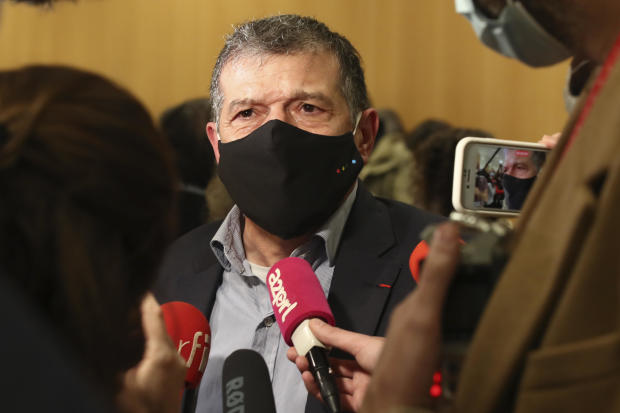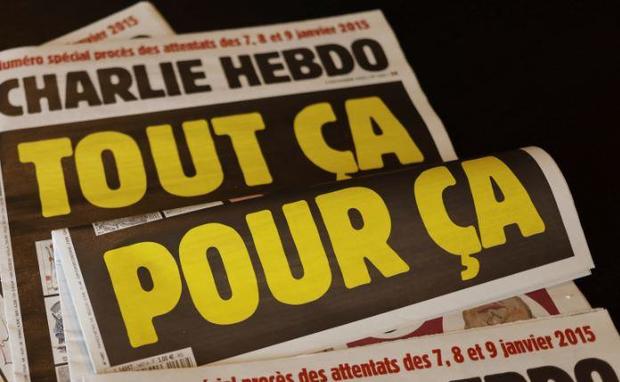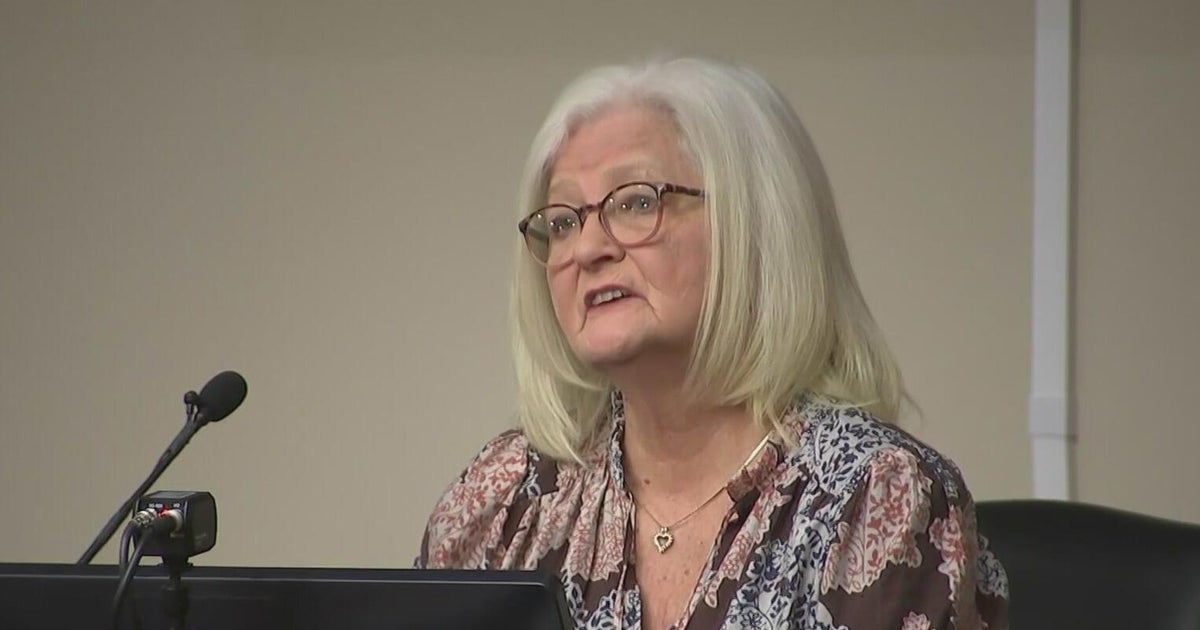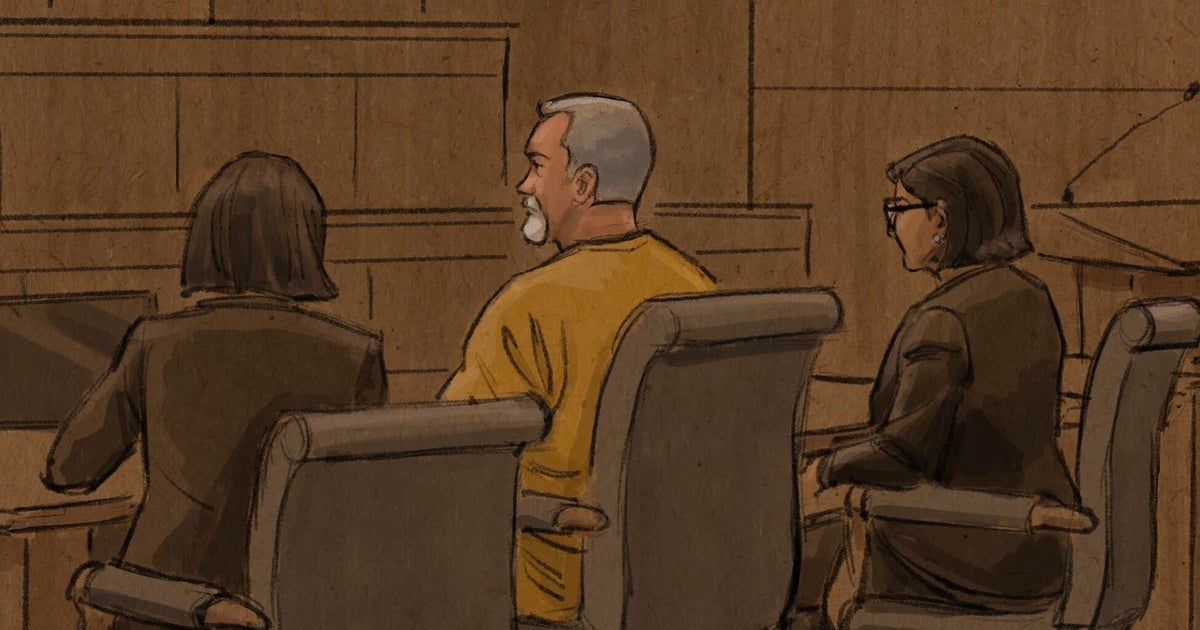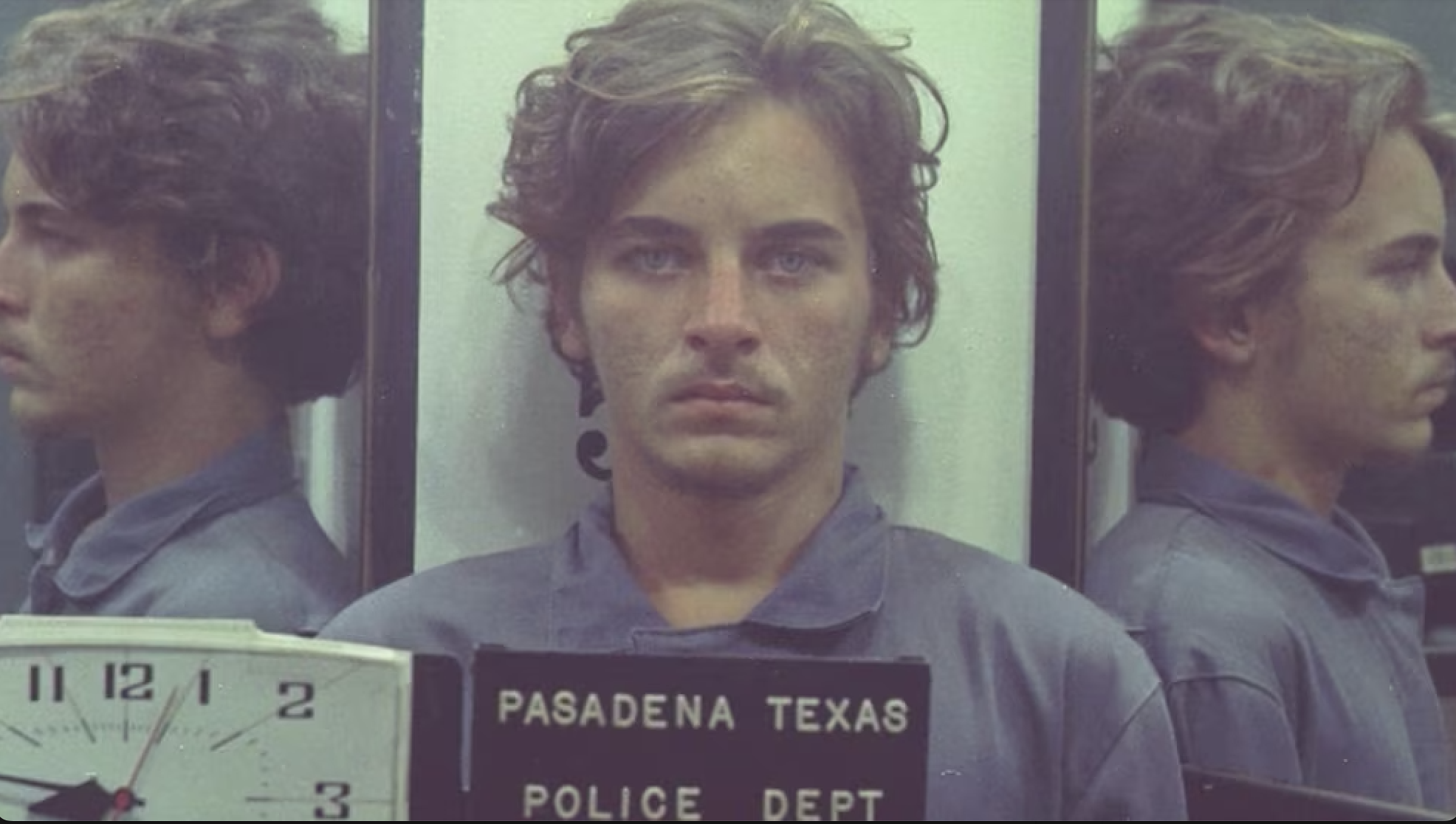14 people convicted for helping killers in 2015 Charlie Hebdo, kosher market attacks
Paris — Almost six years after the deadly attack on the offices of satirical weekly Charlie Hebdo and at a Jewish supermarket, 14 people have been convicted by a Paris court for helping the three killers.
During the trial, the court heard how brothers Saïd and Chérif Kouachi entered the Paris offices of Charlie Hebdo on January 7, 2015, and killed 11 people, including eight editorial staffers.
As they fled the scene, the brothers killed a policeman who had been posted on guard outside after the publication received numerous threats related to its publication of cartoons of the prophet Muhammad. Muslims believe the prophet's likeness should not be displayed or published and many were offended.
Two days later, Amedy Coulibaly, who had been in close contact with the Kouachi brothers, attacked the Hyper Cacher kosher supermarket in Vincennes, a suburb at the edge of Paris. Coulibaly took shoppers and employees hostage, killing four men in a standoff that lasted several hours and ended with his death as police stormed the building.
The Kouachis were also killed in a separate shootout with police.
Hayat Boumeddiene, Coulibaly's partner, was found guilty of terrorist association and financing terrorism. Boumeddiene, who has been on the run since the attacks, was tried in absentia and given a 30-year prison sentence. French media have reported she was seen some months ago in an Islamic State camp in Syria, and she is believed to be still in that region.
Only 11 of the accused were in court for the trial. Brothers Mohamed and Mehdi Belhoucine are missing in Syria and presumed dead, and were convicted in absentia. Mohamed Belhoucine, who wrote Coulibaly's oath of allegiance to the Islamic State group, was found guilty of complicity in Coulibaly's crimes; Mehdi Belhoucine was found guilty of being part of a criminal terrorist network.
Coulibaly's friend, Ali Riza Polat, accused of helping to prepare the attack on the supermarket, was convicted of being an accessory in terrorist crimes and sentenced to 30 years in prison. His lawyers have already promised to appeal.
The court president, handing down the verdict, noted that, for procedural reasons, some of the accused could not be tried for anti-Semitic crimes, but he stressed that it was clear that Coulibaly attacked that supermarket because it was Jewish.
The other accused faced a variety of charges including providing material support, funding, buying weapons and procuring a getaway car, and were given prison sentences of between 4 and 20 years.
The trial should have ended November 10, but had to be adjourned twice when several people, including one of the accused, tested positive for COVID-19.
When the trial opened on September 2, Charlie Hebdo re-published some of the cartoons, under the headline "Tout ça pour ça" – "All that for this."
"We will never give in," promised a defiant Laurent "Riss" Sourisseau, director of Charlie Hebdo, at the time. "And we will never give up." The newspaper now operates out of a secret, heavily guarded, location, and the journalists continue to receive threats.
